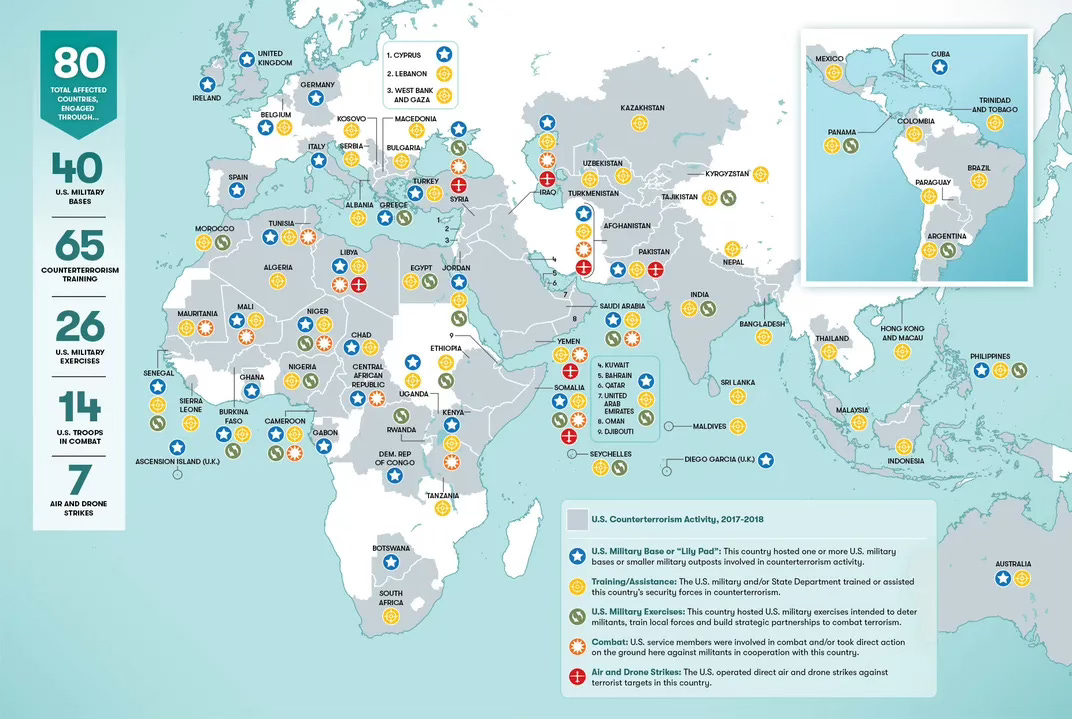W.J. Astore
Kamala Harris at Munich tells you what America is and isn’t about
Yesterday, in her remarks before the Munich Security Conference, Vice President Kamala Harris made some remarkable claims while speaking a bold truth about what U.S. foreign policy is all about.
First, let’s turn to the bold truth:
And please do understand, [Vice President Harris said,] our approach is not based on the virtues of charity. We pursue our approach because it is in our strategic interest.
I strongly believe America’s role of global leadership is to the direct benefit of the American people. Our leadership keeps our homeland safe, supports American jobs, secures supply chains, and opens new markets for American goods.
I bolded the key phrase: America’s approach to the rest of the world isn’t charitable in any way. It’s about jobs, supply chains, and new markets. It’s about dominance and profits and “the homeland.” End of story.
It put me to mind of a passage in the Bible (Corinthians) about the inestimable value of charity:
And though I have the gift of prophecy, and understand all mysteries, and all knowledge; and though I have all faith, so that I could remove mountains, and have not charity, I am nothing. (KJV; 1 Corinthians 13:2)
The U.S. can certainly move (or remove) mountains with its nuclear weapons; it certainly thinks it has a gift of prophecy with all its surveillance and spy agencies; but unless it has charity toward those less fortunate, it is nothing. It’s good to hear the Vice President avow so clearly that the U.S. approach to the world isn’t in any way charitable or even well-meaning.

The remarkable claims came as Harris attacked the Republicans and Trump but without specifically naming them. Here’s what she said about them:
However, there are some in the United States who disagree. They suggest it is in the best interest of the American people to isolate ourselves from the world, to flout common understandings among nations, to embrace dictators and adopt their repressive tactics, and abandon commitments to our allies in favor of unilateral action.
Let me be clear: That worldview is dangerous, destabilizing, and indeed short-sighted. That view would weaken America and would undermine global stability and undermine global prosperity.
President Biden and I, therefore, reject that view.
Are Trump and his followers arguing that America should isolate itself from the world? That America should embrace dictators? That America should betray its allies? That America should be a repressive autocracy? This is a misleading and disturbing caricature of Republicans as it accuses them of treason to the U.S. Constitution.
Perhaps some believe that Trump and MAGA truly are this malevolent. But should these accusations be made before foreign leaders at a summit in Munich, Germany?
Something is seriously wrong with America’s leadership. Without charity, they are nothing.





